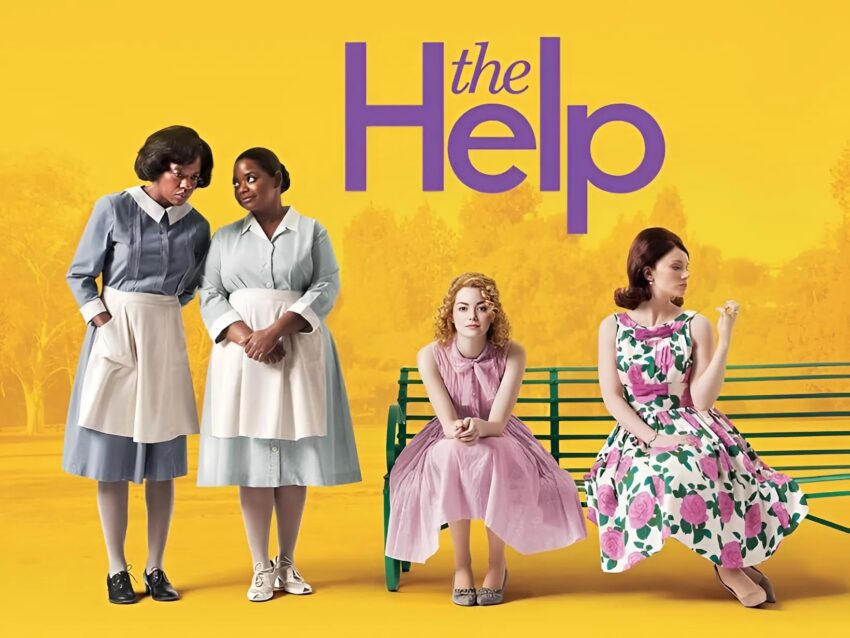Directed by Tate Taylor, The Help (2011) is a stirring drama that brings Kathryn Stockett’s bestselling novel to life, weaving a poignant story of race, resilience, and redemption in 1960s Mississippi. Anchored by stellar performances from Viola Davis, Octavia Spencer, and Emma Stone, this crowd-pleaser balances heartbreak with hope, tackling systemic injustice with grace and humor. Over a decade later, The Help remains a deeply moving, if imperfect, exploration of human connection. Prepare to laugh, cry, and cheer!
The Story: Voices That Spark a Revolution
Set in Jackson, Mississippi, during the Civil Rights era, The Help follows Eugenia “Skeeter” Phelan (Emma Stone), an aspiring writer who returns home to find her privileged world at odds with the racial injustices around her. She secretly collaborates with Black maids Aibileen Clark (Viola Davis) and Minny Jackson (Octavia Spencer) to write a book exposing the hardships and indignities they face working for white families. As their bond deepens, they risk everything to challenge a segregated society. The story is a compelling blend of personal courage and collective defiance.
The Stars: Davis and Spencer Steal the Show
Viola Davis delivers a powerhouse performance as Aibileen, her quiet strength and soulful depth making every scene unforgettable. Octavia Spencer is a firecracker as Minny, blending sass, humor, and vulnerability—her “pie” moment is iconic. Emma Stone shines as Skeeter, bringing earnest charm to a young woman finding her voice, though her arc feels secondary to the maids’ stories. Supporting players like Jessica Chastain, as the quirky Celia, and Bryce Dallas Howard, as the venomous Hilly, add layers of heart and tension. The ensemble’s chemistry is pure magic.
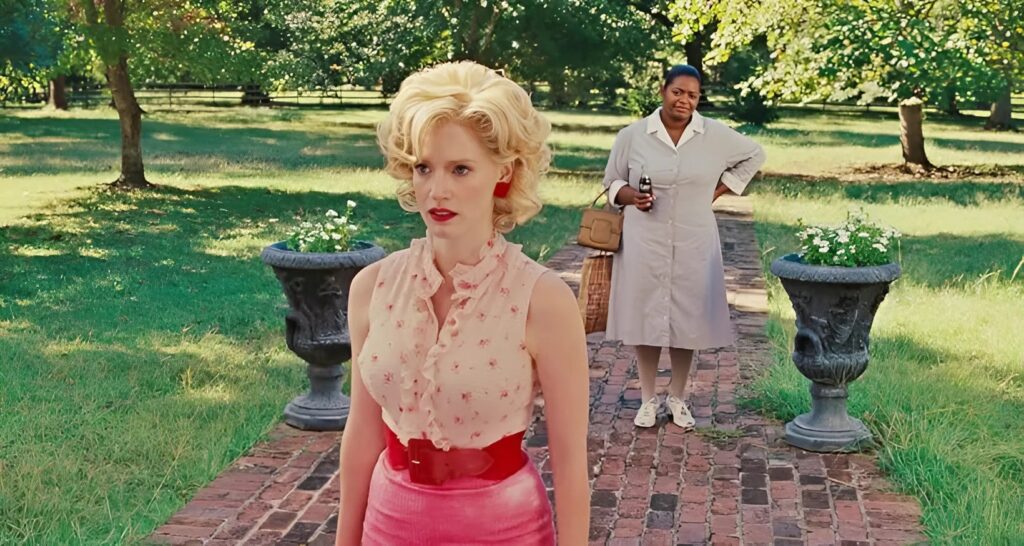
The Craft: Warm, Polished, and Emotional
Taylor’s direction is intimate yet expansive, capturing the South’s beauty and oppression with vivid detail. The period setting—complete with pastel dresses and retro kitchens—feels authentic, thanks to Stephen Goldblatt’s lush cinematography. The pacing, though leisurely at 146 minutes, allows character moments to breathe. Thomas Newman’s tender score underscores the emotional highs and lows, from quiet heartbreak to triumphant defiance. While the film’s polished sheen occasionally softens the era’s harshness, its storytelling remains gripping and heartfelt.
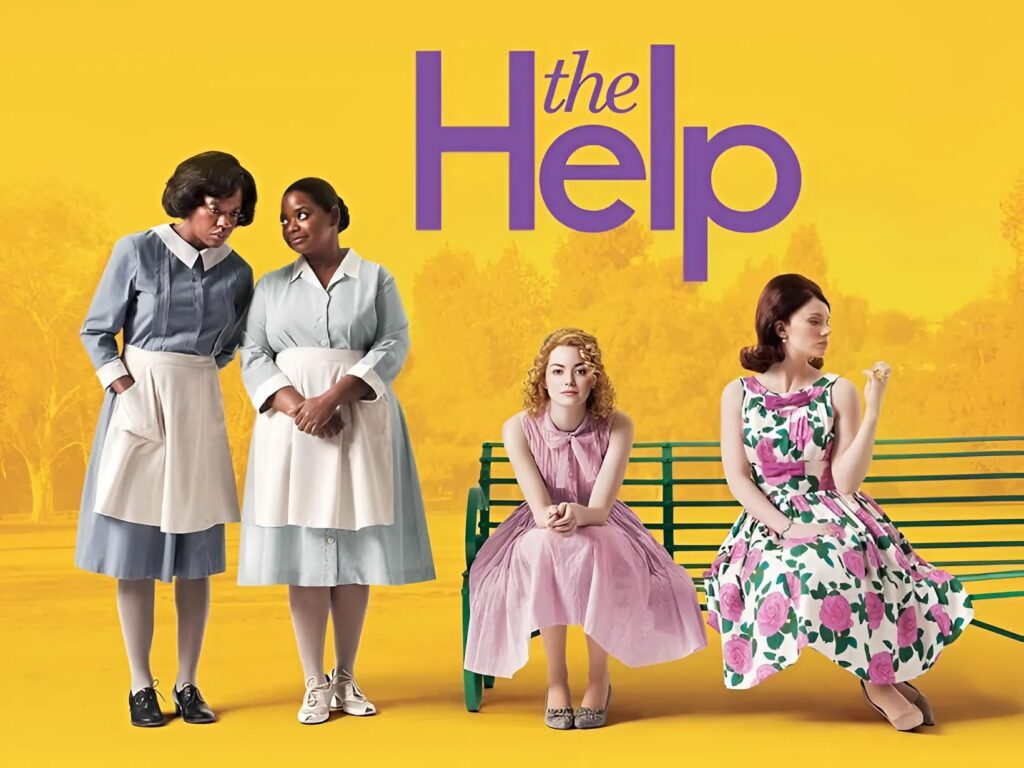
Why It Slaps
The Help is a masterclass in emotional storytelling, blending humor, heartache, and hope into a universally resonant tale. Davis and Spencer’s performances are the soul of the film, turning Aibileen and Minny into heroes you root for with every fiber. The mix of sharp wit (Minny’s quips!), quiet rebellion, and tear-jerking moments makes it a crowd-pleaser that hits home. It’s a film about listening, courage, and the power of stories to change hearts—a message that feels timeless. You’ll want to hug your loved ones after watching.
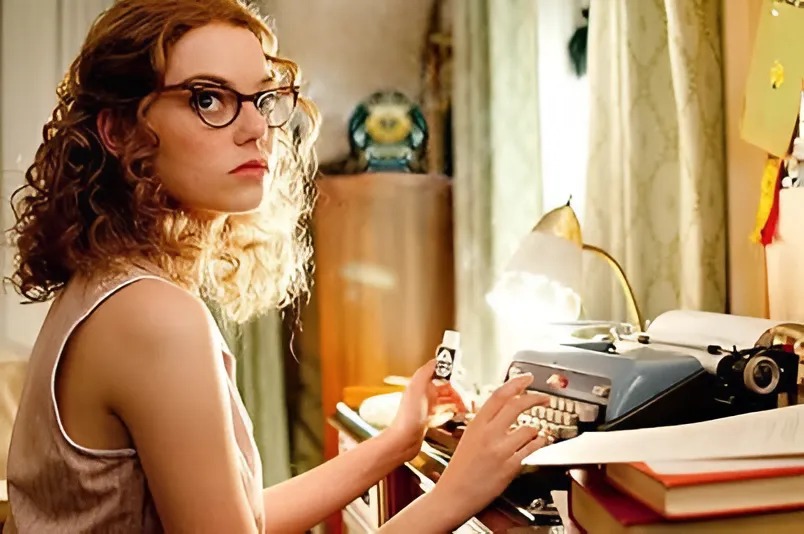
Why It Stumbles
Critics have noted The Help’s “white savior” lens, with Skeeter’s role sometimes overshadowing the maids’ agency, which can feel reductive. The film simplifies the Civil Rights struggle, glossing over deeper systemic horrors for a feel-good resolution. Some accents and character arcs feel exaggerated, and the tone occasionally veers into melodrama. Still, its heart and performances outweigh these flaws for most viewers.
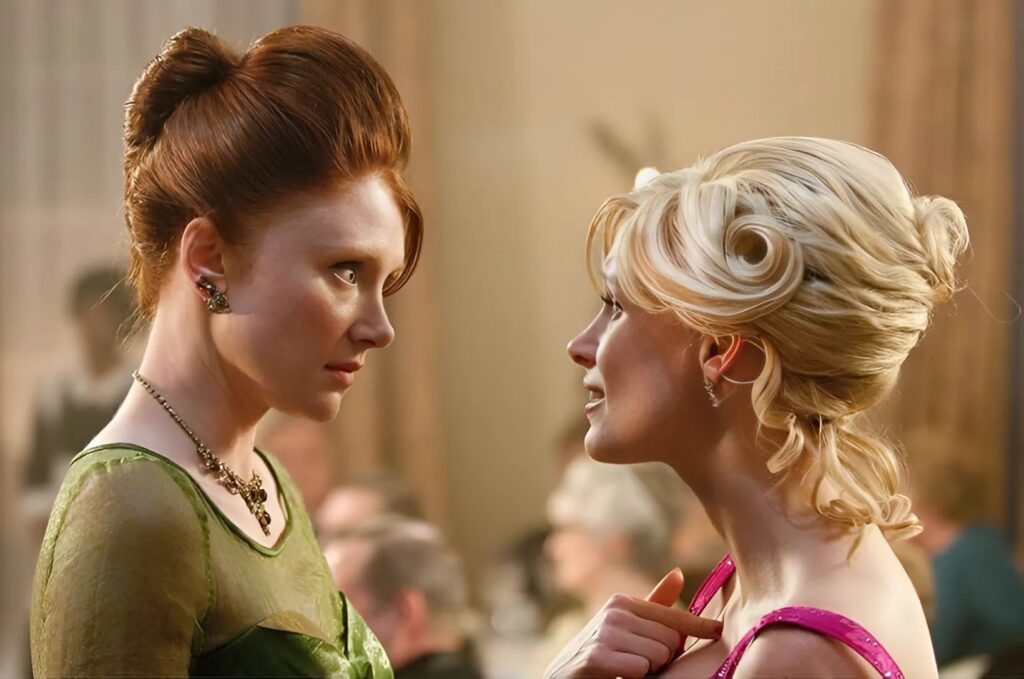
Legacy and Vibe Check
A box office smash and Oscar contender (Spencer won Best Supporting Actress), The Help struck a chord with American and English-speaking audiences for its accessible take on a heavy topic. It sparked debates about representation but also inspired countless viewers with its message of empathy. Its influence lingers in later socially conscious dramas like Hidden Figures. Perfect for a cozy movie night with friends or family, it’s a film that sparks conversation and leaves you uplifted.
Rating: 4.5/5 Stars
The Help is a heartfelt, beautifully acted drama that celebrates courage and connection. Viola Davis and Octavia Spencer elevate it to must-watch status, making it a timeless crowd-pleaser with soul.
